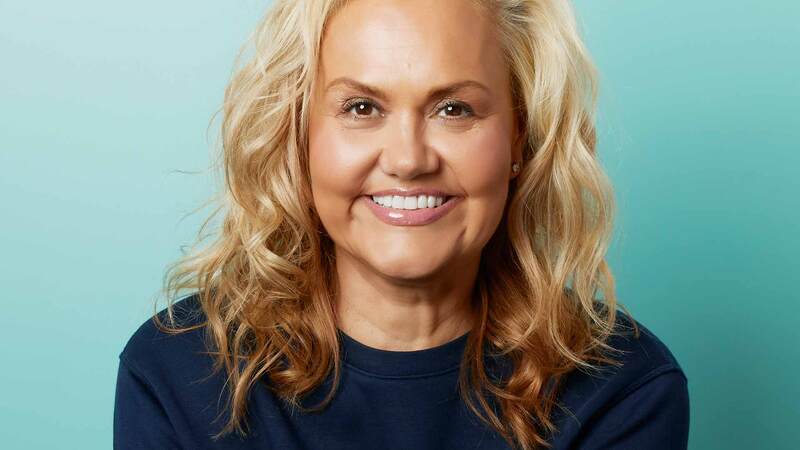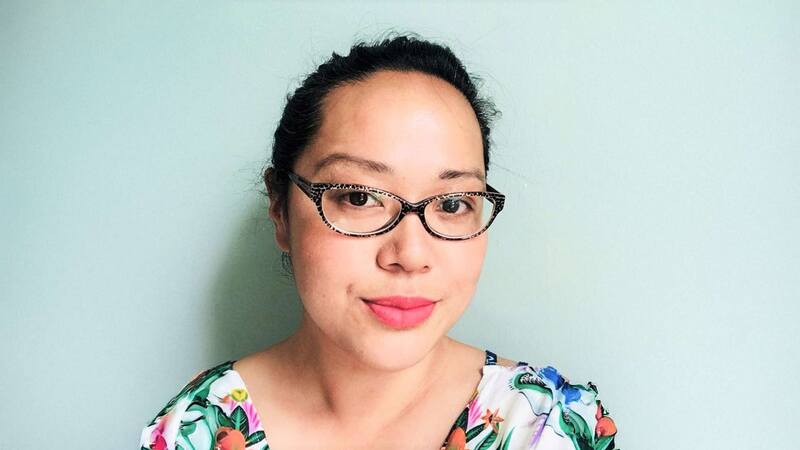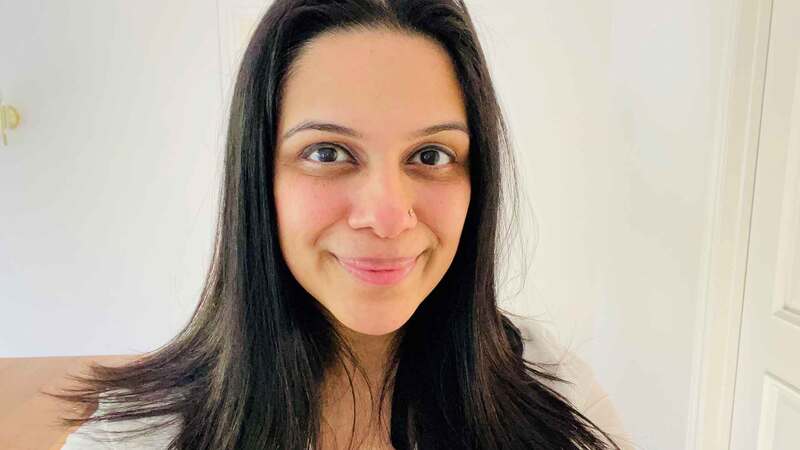You are viewing your 1 free article this month. Login to read more articles.
'Some people won’t be happy' about my new book, Blackman warns
Malorie Blackman is excited about the publication of her first standalone novel in four years but has warned that “some people won’t be happy” about its frank depiction of sex.
The novel, Chasing the Stars, is released next month (Doubleday, 21st April, £10.99) and tells a love story of two teenagers based on Shakespeare’s “Othello”. The publication of the novel comes in the same year as the 400th anniversary of the Bard’s death, but that timing is “completely unintentional” Blackman said, adding that she had wanted to rewrite the play for a few years.
“I love Shakespeare’s plays and his themes and ‘Othello’ is one of my favourites,” Blackman said. “I wanted to write about jealousy, but I wanted my Othello to be a black teenage girl.”
The book shares the same structure as the play, as well as its frank depiction of sex. Blackman anticipates that “some people won’t be happy” about this, but adds: “Sexual jealousy is a huge thread in ‘Othello’, so I had to include sex in the book. I don’t think it is gratuitous, I can only be truthful to the story I want to tell.”
However, Blackman is at pains to makes clear that Chasing the Stars is “a reimagining rather than a retelling”. “I wanted to play around with the story rather than write a straight copy of it,” she said.
One change she made to the story was to alter the focus of its narration as “I thought it was important for my Othello to tell her own story”.
Another change is the setting. Chasing the Stars takes place in the future in space, though this wasn’t the original plan. “I didn’t want to write sci-fi because I know it’s a ‘Marmite genre’ and it puts some people off.” Blackman had started to write a story set in a boarding school in north England but “it wasn’t working”. She says: “The main character kept saying to me ‘I’m in space and I’m all alone’. Eventually I gave in and my fingertips were flying across the keyboard.
“It took me seven months to write the book and I was working 18-hour days, I didn’t get more than a few hours’ sleep a night. I was keen to get it finished this year because it’s been a while since I’ve had a new book out.”
The reason for the gap is Blackman’s stint as the Waterstones Children’s Laureate from 2013 until June last year. On life after the laureateship, she says what she misses most about the role is meeting teenagers. “It was great to be able to hear their concerns and what they’re into. Having said that, I do think two years as Laureate was enough, I felt like I needed to get back to writing. I’m glad I had the opportunity – it was very rewarding, but it was bloody hard work!”
During her time as Laureate, Blackman spoke out about the need for more diverse children’s books and she thinks there has been some change. “The thing is, it takes a while for books to be produced. I have noticed more books with LGBT protagonists, but I would like to see more books featuring people of colour and disabled people as protagonists. It’s just about being more inclusive so people can see themselves in what they read.”
She adds: “I think publishing as a business needs to be more diverse. I know some companies are strenuously trying to change so I hope something will get done. It’s the same with the Brits and the Oscars. All creative industries need to look at themselves in order to remain relevant, it’s a no-brainer. It makes economic sense to broaden your market. I admit, I do feel a bit jaded—I’ve been in this business for 25 years and progress is very, very slow. But I keep saying it and I’ll keep saying it.”
Blackman also described herself as “very lucky” because she can write what she wants, but also said this made her “in a minute minority”.
“I know that most BAME writers are expected to write about ‘the black experience’. Books about BAME people should not be niche interest books,” she said.
Another subject Blackman has campaigned for is the protection of public libraries. There is a nod to this in Chasing the Stars, with the characters split into two groups: the privileged “elites”; and “drones”, who are seen as inferior and denied access to education and the arts. Blackman says: “The social gap between the two groups was inspired by our society, where the gap between the rich and poor is growing. Local libraries are closing down left and right and going to volunteers, which is not how they should be run. School librarians should be compulsory.”
"I wouldn’t be talking to you now if not for libraries and I despair that fewer people will now have the chance to discover a love of reading. What’s happening to the library service is a crying shame. I was so lucky to have libraries as a resource for books and music growing up. Some people now only have access to computers through libraries – all of that and more is under threat. It makes me angry and sad.”
Blackman is already considering a sequel to the book but her next project will be a prequel to her 2010 novel about teenage fatherhood, Boys Don’t Cry, written as a standalone. “Then I want to write a Middle Grade book because I’ve focused on YA for a while.”
For now, though, she is eager to see what people make of Chasing the Stars. She admits: “After so long not writing I wondered ‘Can I even do this?’ It’s thrilling to now have it out and see what reaction it gets. I hope people like it!”


















